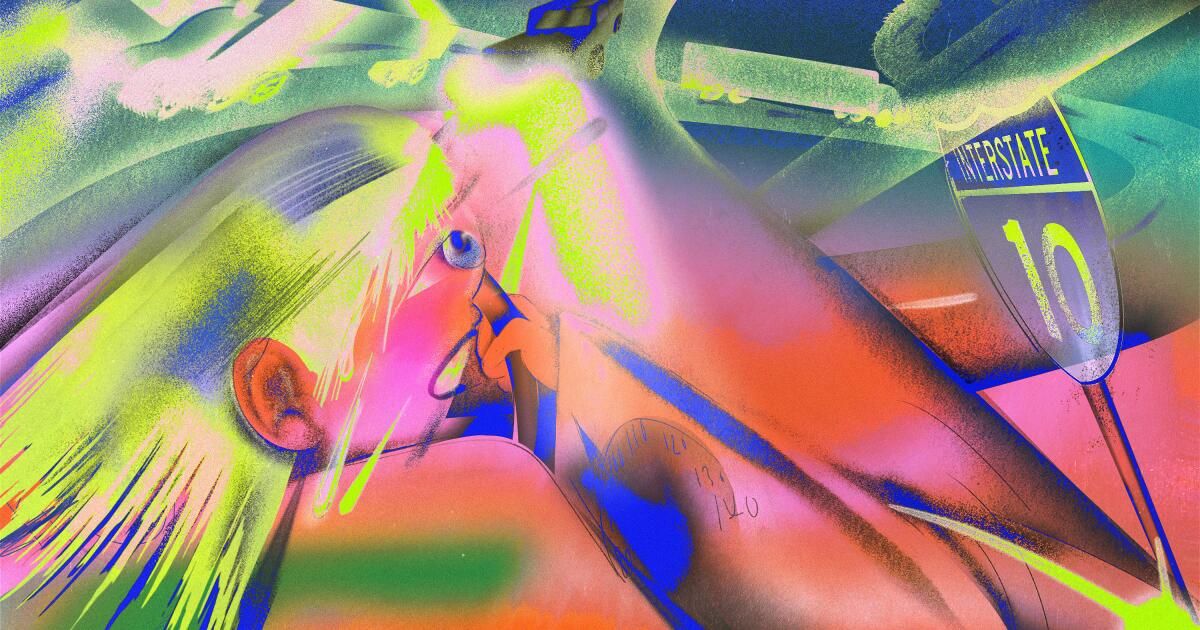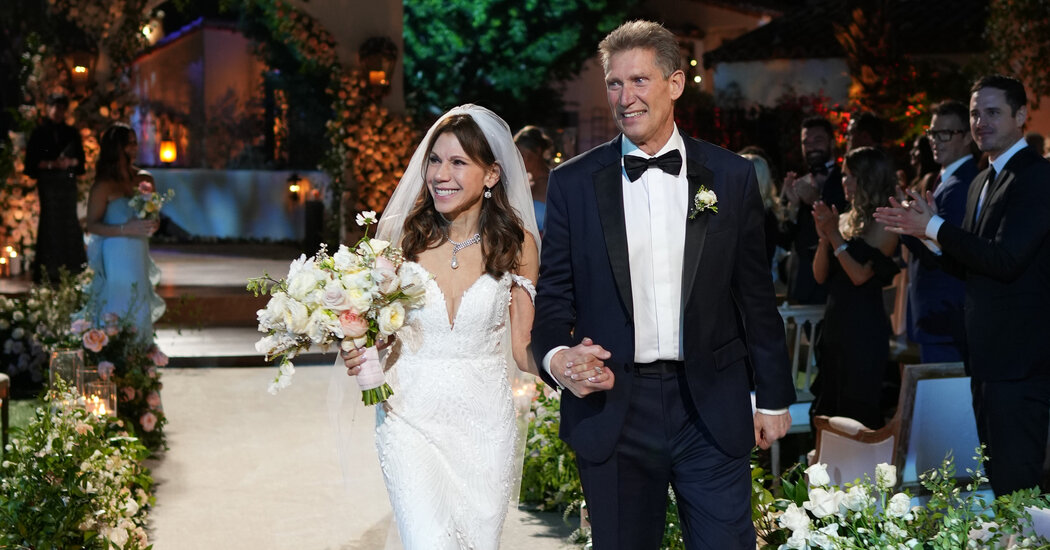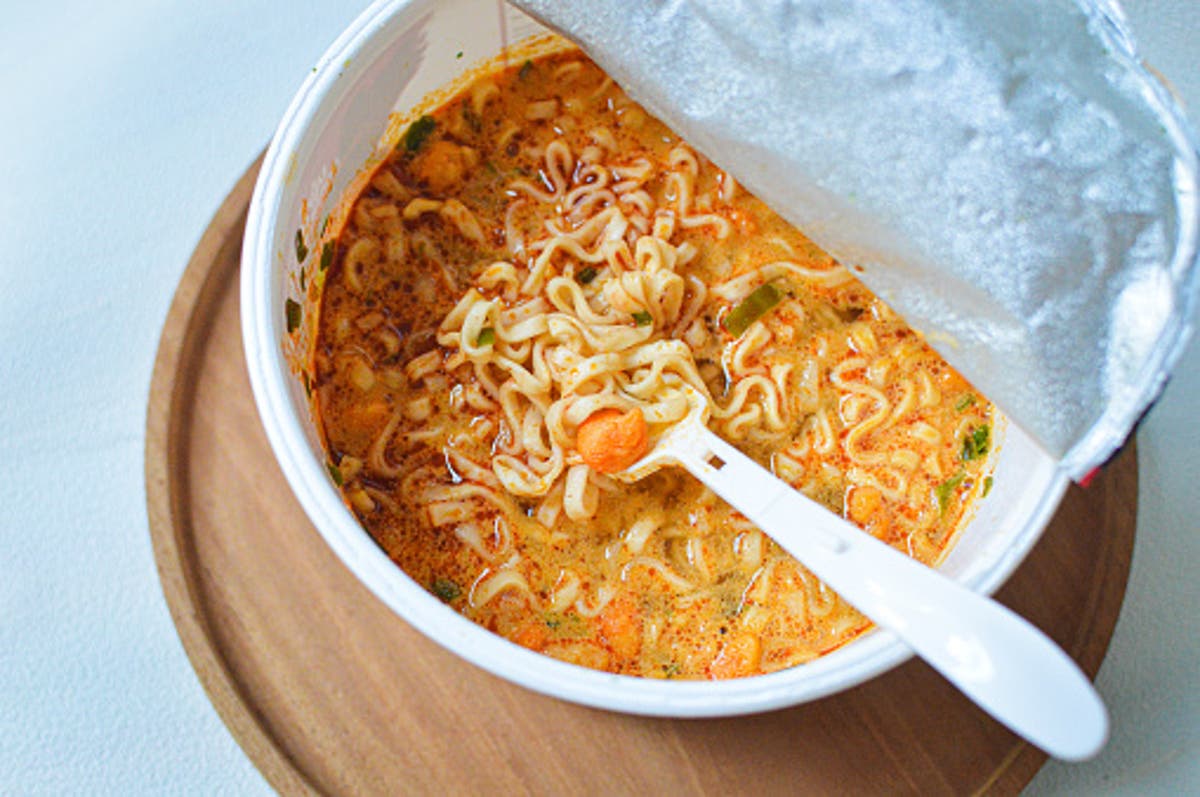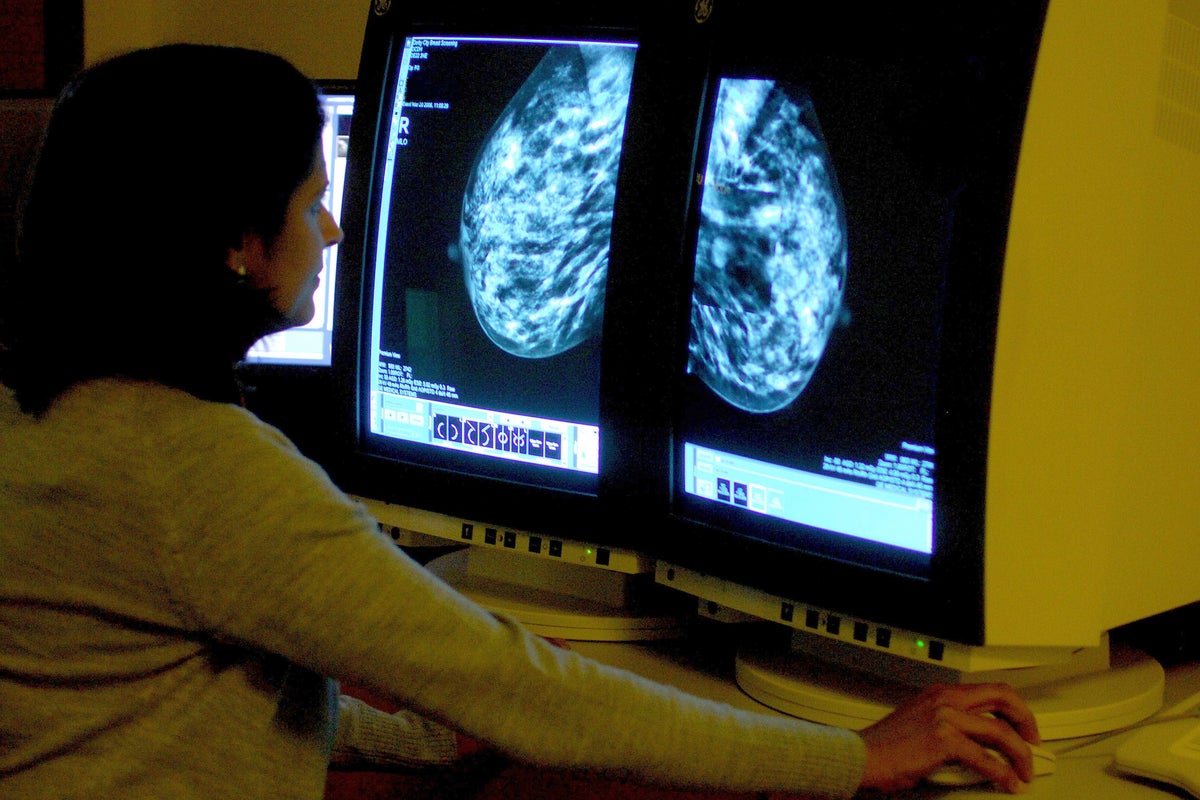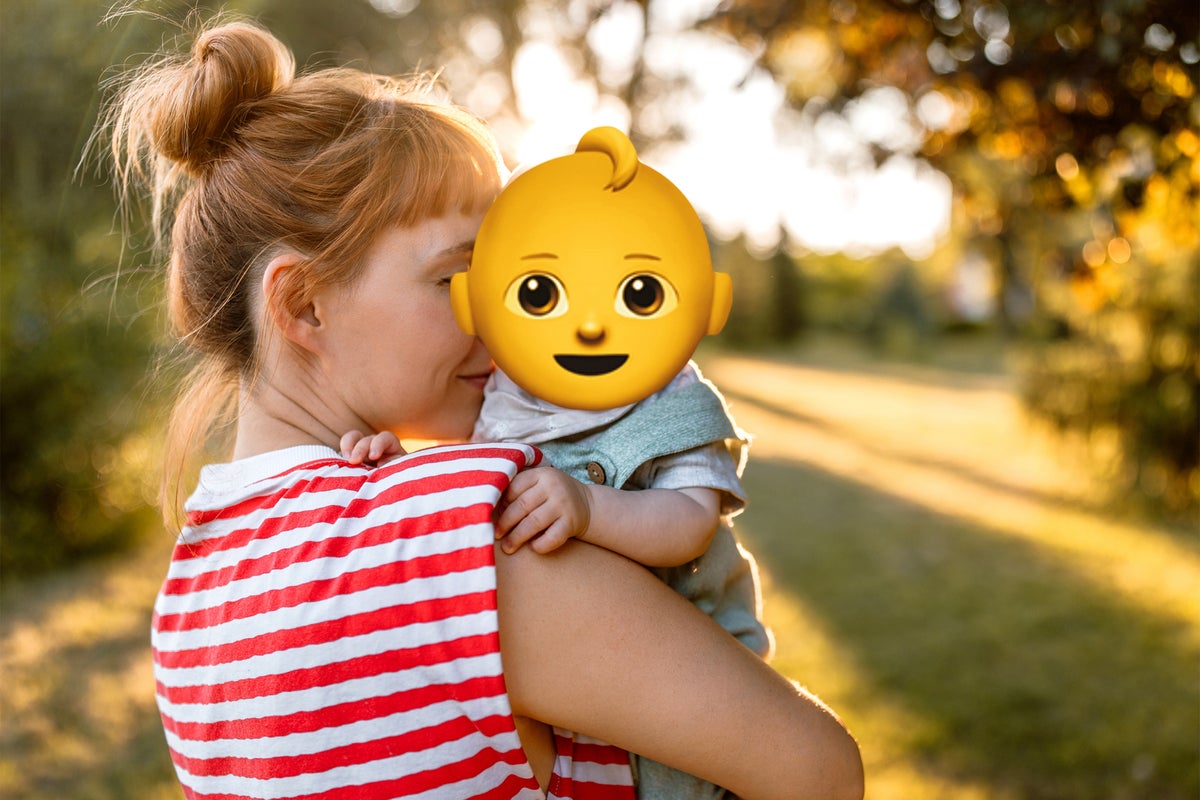My New Year’s resolution this year is simple. This weekend, my first return to Los Angeles after visiting my family for the holidays, I’ll drive to the Highway 101 entrance next to my house and… get on.
Simple as that. But it’s much easier said than done.
I haven’t driven on the highway in more than two years; I’m too scared. I’ve rarely ridden as a passenger on the highway, with someone else at the wheel, and when I do, I sit on my hands so my fingers don’t shake.
Fear of driving on the highway is not uncommon, and with good reason. Headlines reporting fatal accidents and police chases that end in deadly crashes are more common than ever in Los Angeles.
But here’s the thing: it’s a completely new phenomenon for me. Living in Los Angeles as a journalist, I have fearlessly traversed the city’s vast tangle of freeways for decades. My work took me from the mountains to the desert and the sea. Years ago, I dated someone in San Diego and endured the three-hour drive down 5 South every other Friday. for about a year. And all with relative ease.
So what changed? My brain, basically.
The pandemic was hard, in infinite ways, for everyone. For me, in addition to the stress of the public health crisis and its countless economic and social repercussions, I experienced a series of successive losses, sometimes just weeks apart. And it didn’t decline for about two years. My pain manifested itself on the highway, where I would have small panic attacks, then more pronounced ones, something totally new for me.
Here’s what happened: In early 2020, a brother of mine tragically died. Later that year, my partner and I broke up. We had been together for several years and it was a significant loss. This was in the early days of the pandemic, when many of us were cleaning up groceries and staying home for days. I was doing that too, but now alone in my apartment.
I don’t have children, but my cats provided me comfort during that period. (For some of us, our pets are our children.) Then they both died too, one after the other, unexpectedly. The first one, alone 8 years, He suffered a violent and painful death. My second cat, much older and more frail, witnessed it and became so anxious after he became ill and passed away just a few months later.
The silence in my house after that was eerie: there were no claw scratches on hardwood floors or kibble bites in the background as I typed articles while writing. I drank coffee in the mornings and was comforted by the lush view of the vegetation on my terrace. Until almost all the plants died in a heat wave.
Then my parked car was totaled during a hit and run. Insurance paid to fix it. But then the car was attacked by catalytic converter thieves. Once again, insurance covered the repairs. But when, several months later, the thieves struck again, my insurance company declared the 14-year-old Honda a total loss.
When the tow truck came to take my car, I fell into the driver’s strong arms and cried. I’d had that trusty, beat-up Honda longer than any romantic relationship, and at that moment, it felt like it was the only thing I had left.
Given this sustained succession of emotional gut punches, my central nervous system was on high alert. Outside a car door slammed and I jumped, my body tense: “What now?”
That feeling manifested itself – exaggeratedly – when driving on the highway. I maintained composure in all areas of my life, but the highway became an outlet for my repressed pain. Instead of seeing the big picture as I drove, merging into the flow of traffic, I saw too many details. The highway was a dangerous, kinetic collage of spinning wheels, spinning and sparking hubcaps, and rectangular chunks of metal flying forward, any piece of which, at any instant, could crash into me. It was like the beginning of a game of pool, when the cue breaks the lined up balls with a fiery crack, sending the solid, striped, multicolored orbs flying in all directions. That’s how I saw the traffic. Panic.
The highway was a dangerous, kinetic collage of spinning wheels and spinning, sparking hubcaps.
The lane he was driving in seemed tight and tight; The trucks on either side of me felt hulking and sinister. I clenched my jaw, my breathing quickened, my teeth chattering. And my heart was pounding in my chest.
It wasn’t so much about a choice as it was about survival: I could no longer drive safely on the highway. I made adjustments, sliding like water between rocks. I changed the Waze settings to “avoid highways” and instead took surface streets everywhere. I took Ubers or carpooled with friends if the trip was too long on surface streets. If I was going especially far, I took a train.
I should add that I don’t particularly like driving. No one close to me would say I’m good at it either. Before Los Angeles, I had only lived in walkable cities with active public transportation systems: Philadelphia, San Francisco, Tokyo, Boston. But certainly never feared driving.
And for those who have always feared driving on highways, it’s understandable. Traffic-related deaths in Los Angeles have increased in recent years, reaching their highest point in two decades. In 2022, 312 people died in traffic accidents, according to the most recent data from the Los Angeles Police Department. That’s a 5% increase from 2021 and a 29% increase from 2020.
Perhaps the most disconcerting part was that my new phobia of highways triggered a kind of identity crisis: I am not a fragile or fearful person. I take risks, I speak for myself, I have a sense of agency. I don’t recognize this tentative new version of myself. I’m confused by her, embarrassed. WHO is she? How do I return to the self I identify with? Does she still exist?
I have since recovered from those aforementioned losses and feel infinitely revived in my personal life. New cats, new boyfriend, new car. But, curiously, the fear of highways has remained.
“It’s a very normal human impulse when you’ve been through tragedy and loss,” says Los Angeles author and psychotherapist Claire Bidwell Smith. “You’re seeing the world through a lens where the unexpected lurks around every corner and something catastrophic can happen at any moment. Your life continued its course and then: Bam! Bam! Bam! You’re struggling to hold on to something, so you hold on to ‘How can I predict this, control it in some way?’ But we can’t control the world as we would like, so we are stuck in this catastrophic place.”
Panic attacks in cars are especially common, adds Bidwell Smith. Your theory? “The car is a space where you are often alone, a quiet, private space, and all these thoughts, some of the things we’ve been pushing away, start gurgling away.”
I haven’t talked openly about my highway phobia much, not even with my family. Until recently, and almost everyone I’ve talked to about it had experienced something similar or knew someone who had. I was recently having dinner with two journalist friends. One of them said that she developed anxiety about flying after the death of her father. something that dissipated over time. The other said her sister in Toronto developed a fear of driving on the freeway after her father died; She still hasn’t gotten over it.
Bidwell Smith says that after the death of her own parents, she developed a fear of flying and became obsessed with her health. A client developed a fear of riding elevators after the death of his wife.
How many more people are there like us in Los Angeles?
“It’s very common,” says Sarah Caliboso-Soto, director of the USC School of Social Work’s Telebehavioral Health Clinic, which provides counseling for driving anxiety, among other mental health issues. “Grief itself can be a very traumatic experience, and when people drive, in particular, their senses are heightened. And, as a result, you may experience anxiety.”
My period of avoiding highways wasn’t all bad. I toured neighborhoods I would otherwise never pass through in Los Angeles and better understood how the city is connected. I got lost a lot on zigzagging Waze routes, but that had its advantages too. I stumbled upon a collection of street murals, on remote side streets, in the warehouse district of downtown Los Angeles. I found an apartment available to rent, for a friend, in Jefferson Park, a neighborhood gem filled with old Craftsman homes. I stopped several times to buy fruit on the side of the road in different parts of the city, devouring mango with chili and bathed in lemon juice, behind the wheel.
But I long to have freedom again, to be unhindered by any emotional impediment. I miss the person I once was and long to embody her again. It may not happen all at once; It will probably be a slow process, one freeway ramp at a time.

